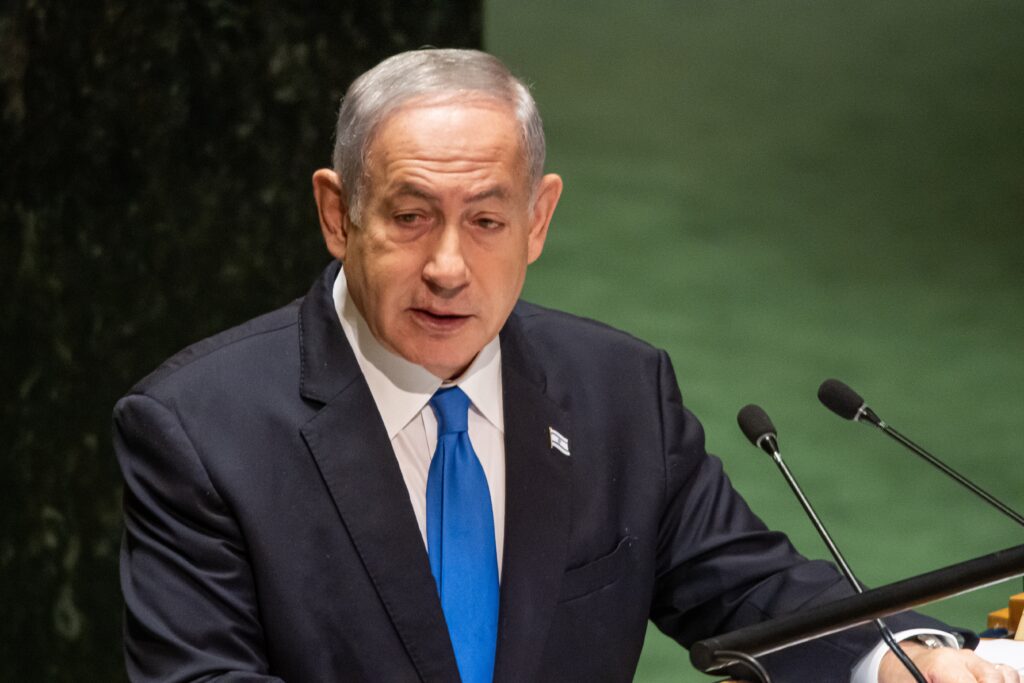US President Joe Biden announced that a ceasefire agreement between Israel and Hezbollah will take effect at 4 a.m. GMT on Wednesday.
The Israeli cabinet approved the U.S.-brokered deal on Tuesday evening, following a public recommendation from Prime Minister Benjamin Netanyahu earlier in the day. While the ceasefire is initially set to last 60 days, Netanyahu cautioned that its duration would depend on Hezbollah’s actions in Lebanon.
“In full understanding with the United States, we maintain full military freedom of action. If Hezbollah violates the agreement and tries to arm itself, we will attack. If it tries to renew terrorist infrastructure near the border, we will attack,” Netanyahu said.
Speaking from the Rose Garden at the White House, President Biden welcomed the agreement, calling it a “new start for Lebanon” after what he described as “the deadliest conflict between Israel and Hezbollah in decades.” Analysts have framed the deal as a notable achievement in Biden’s foreign policy agenda.
In the hours before the ceasefire, the Israeli military issued widespread evacuation warnings, suggesting an escalation in attacks to weaken Hezbollah. Israeli ground forces reportedly advanced as far as the Litani River in Lebanon, a strategic point central to the ceasefire agreement.
The deal, however, does not apply to Israel’s ongoing conflict with Hamas in Gaza, which continues without resolution.
Leading up to the ceasefire, Israeli warnings extended to previously untouched areas of Beirut, triggering mass evacuations. Traffic jams filled roads as residents fled, some tying mattresses to vehicles. In central Beirut, displaced individuals huddled under blankets or gathered around fires as Israeli drones hovered overhead.
Despite continuing rocket fire from Hezbollah targeting northern Israel, Lebanese officials confirmed that the group supports the ceasefire agreement.
